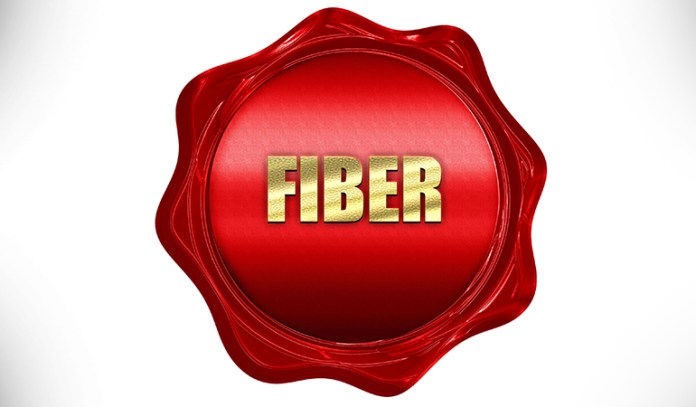Health conscious people generally avoid eating fried foods as they are associated with many health problems. Fried foods absorb degradation products of the frying oil and have been linked to various cardiovascular risk factors, cholesterol-related issues, and obesity.
But, not all fried foods are bad for health, as studies have shown. Banana chips are crunchy, tasty, and nutritious. And when they are fried in sunflower or olive oil, it is also extremely beneficial for your health.
Studies have shown that in some Mediterranean countries, where olive and sunflower oils are most commonly used for frying, no association was observed between fried food consumption and the risk of coronary heart disease or death.1
Although eating a fresh banana is far healthier, banana chips bag the prize when it comes to a crunchy snack, as long as you eat it in moderation. Here are some benefits of banana chips fried in sunflower oil or olive oil.
1. Banana Chips Contain Potassium

Banana is a rich source of potassium. But, frying a banana and eating it as chips takes away much of its potassium content. For instance, a fresh banana fruit has around 400 mg of potassium, whereas an ounce of banana chips provide just over 150 mg of this vital mineral.
Potassium is essential for the body and offers protection from cardiovascular diseases.2 It is known to help in a normal heartbeat, a healthy digestive system, and optimal muscle function. Increased potassium intake has been shown to lower blood pressure (BP), which is a cause for many other health problems.
According to the Dietary Guidelines for Americans, the recommended daily intake of potassium for adolescents and adults is 4700 mg, which should come from food sources.3
2. Banana Chips Are High In Fat Content

Frying foods increases the fat content, which makes them less healthy. The fat content in an ounce of banana chips is 9.53 grams, of which 8.21 grams are saturated fats that have negative health effects as they cause a surge in your cholesterol levels. This, in turn, can lead to cardiovascular diseases and an increased risk for type 2 diabetes.
The United States Department of Health and Human Services and United States Department of Agriculture recommends that your intake of saturated fat should not exceed 10 percent of your total calories.4 But, as with all foods, moderation is the key and eating banana chips once or twice a month should not be an issue.
3. Banana Chips Have A Small Amount Of Fiber

Banana chips provide a small quantity of fiber, which is an important component of your diet and is crucial for digestion and overall health. Many studies have shown that increasing dietary fiber significantly reduces the risk of gaining weight and fat.
Overweight and obesity increase the risk of a number of serious health problems such as type 2 diabetes, cardiovascular disease, certain types of cancers, and musculoskeletal disorders, especially among women.5 Most average Americans consume just around 15 grams of fiber a day, which is less than half the recommended intake level of 25 (for women) to 38 (form men) grams.6
Fiber is essential to prevent constipation as it aids digestion. An ounce of banana chips contains 2.2 grams of fiber as opposed to a fresh banana, which has just over 3 grams of fiber. So, consume more bananas and snack on the banana chips occasionally.
4. Banana Chips Provide You With Iron

Banana chips also contain significant quantities of iron, which is crucial for the production of two important proteins called hemoglobin and myoglobin that help in the supply of oxygen to your tissues.
Additionally, iron activates the enzymes necessary to support metabolism and enables the cells to perform the chemical reactions required for energy production. Iron is also necessary for growth, development, normal cellular functioning, and synthesis of some hormones and connective tissues.
According to the US Department of Agriculture’s National Nutrient Database for Standard Reference, a medium-sized banana contains 0.31 grams of iron. Whereas, a 4-ounce serving of banana chips may have just 1.4 mg of iron.
The Office of Dietary Supplements of the National Institutes of Health recommends that the daily iron intake (for non-vegetarians) is 8 mg for men and 18 mg for women.7 However, the recommended dietary allowance for vegetarians is 1.8 times higher.
Verdict

Although banana chips provide some nutritional benefits, they also have some considerable nutritional disadvantages. Deep-frying banana chips hugely increase its fat content. Moreover, most commercially produced banana chips may also be high in added sugars, which are included to enhance its flavor.
So, it is always a good idea to check the label for the nutritional facts to ascertain its exact fat and sugar levels. To avail the best nutrition, ensure that you buy banana chips made using olive oil or sunflower oil, which are devoid of added fat or sugar.
References





